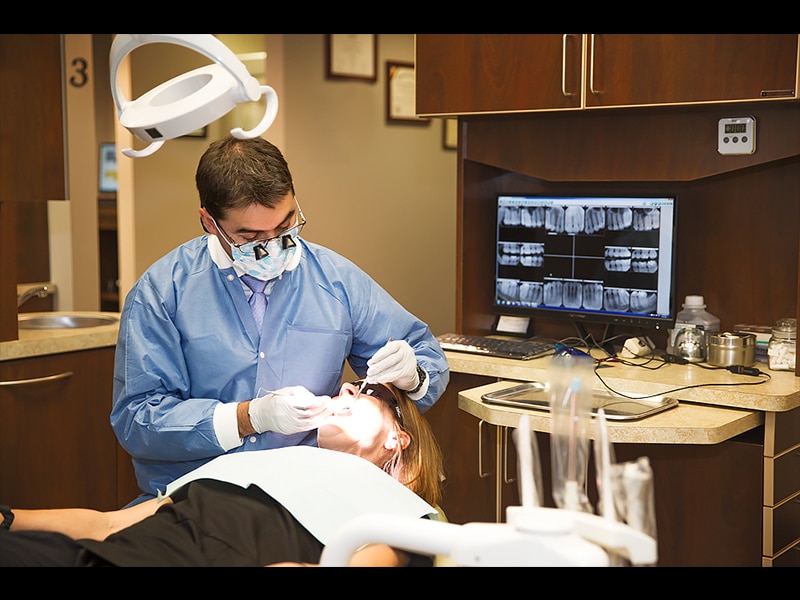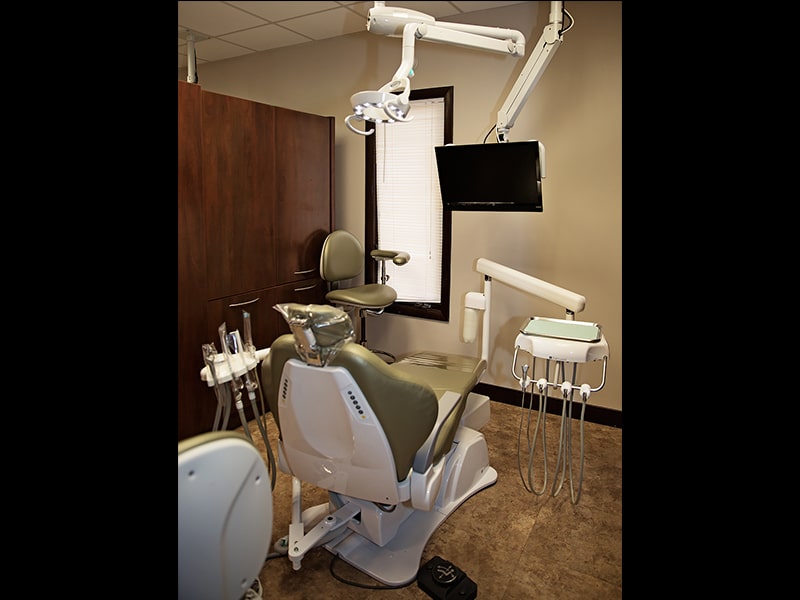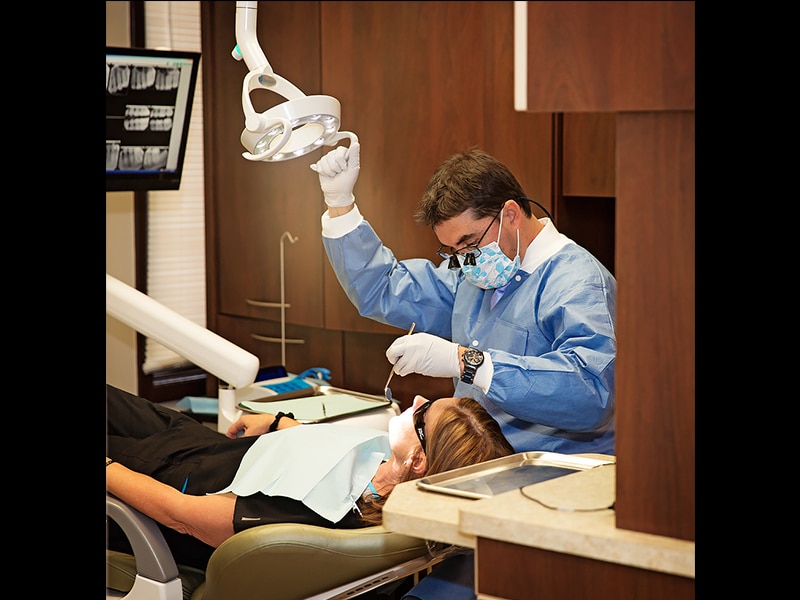
How annoying is temperature-sensitive teeth pain? Sufferers experience varying degrees of discomfort from root sensitivity. Various dental health conditions onset a similar thermal response – root sensitivity. That said, it’s paramount one seeks professional consultation to identify the root cause. Dentin hypersensitivity commonly known as tooth sensitivity affects one in every eight Americans, a 2013 study concludes. The JADA (Journal of the American Dental Association), published a summary of the findings, in March 2013. It found young women more prone to symptoms than older subjects, and their male counterparts. Researchers named OTC (over-the-counter) teeth whitening treatments and gingival (gum) recession as two primary influences. Need answers to the most burning questions about teeth sensitivity? Check these facts:
Dentin sensitivity – Where teeth pain starts?
Naturally, a patient assumes root sensitivity has to do with the physical workings of the tooth. However, scientists link the symptom to a deeper source – nerve endings (periodontal ligament or membrane). This network of connective tissue, which anchors the dental alveolus (socket) and the tooth root, resides in the core enamel (dentin). When acids erode the enamel that safeguards dentin tissues, nerve endings suffer numerous contusions from heat, cold and other harmful elements. These membranes are pain-sensitive, and long-term exposure to inhospitable environments inflames the pulp. In response to such conditions, periodontal membranes inflict a sharp, intermittent pain – teeth sensitivity.
Worst teeth sensitivity triggers
The discomfort or pain associated with root sensitivity has different origins. The sensation usually radiates from the base of the affected tooth. Dental practices found root sensitivity most reactive to acidic content (beverages, foods, etc.), cold air, low and high-temperature food/drink, ice water, and alcohol-based mouthwash. Gum recession leaves a tooth’s root vulnerable, where acidic substances can easily deface it. Some compelling studies also find aggressive brushing and flossing techniques detrimental to oral health. In essence, it can aggravate gum disease or spread bacteria to uninfected sites.
Sensitive teeth pain not worth the trip to the dentist, check again!
It’s crucial to discuss sensitive teeth problems with a certified oral health expert early. Sometimes, dental caries (cavities) progress to the root as plaque acids eat away the dentin layers that protect nerve endings. Similarly, worn fillings that once buttressed a broken or cracked tooth can become loose. Now, open gaps give way to harmful stimuli that destroy the inner structures of the tooth, especially the sensitive nerve endings.
Ways to treat root sensitivity
While OTC dental treatment kits can temper root sensitivity, it only provides temporary relief. Sometimes, these at-home applications can escalate the problem. Those with sensitive teeth should choose safe dental treatments that contain desensitizing ingredients. Making small lifestyle changes, such as using soft-bristle brushes when cleaning the teeth also helps. For example, alcohol-free mouthwashes are gentler on sensitive teeth. Dentists can recommend prescription-grade dental products, including mouth rinses and toothpaste for sensitive teeth. These products fortify tooth enamel and prevent further damage to the core infrastructure.
Endodontic (Root canal) therapy can effectively remedy advanced cases of diseased tissue. It eliminates the source of dental infection or disease and supports inner structures to impede further progression. This restorative procedure aims to preserve a decaying tooth. Candidacy for root canal treatment relies heavily on the stage of periodontal disease. If it’s already eaten away the tooth’s core infrastructure, extraction is a safer solution. Deep cleaning (root planing/scaling) is another effective method to treat early-stage periodontal (gum) disease. Learn the source of sensitive teeth pain to ascertain a lifetime of pain-free new smiles dental health.











